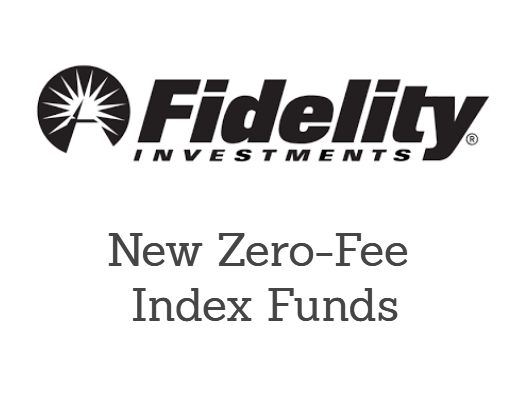Recently, a new phenomenon takes retail investing by storm: Robo-advisors. This type of financial advisor, may be the largest threat to financial advisors since the introduction of ETFs. According to a recent study by Citigroup, total assets under management (AUM) increased from virtually zero to USD 19 billion end of 2014 (figures of Corporate Insight) and potentially explode to USD 5 trillion in the next 10 years. Consulting firm A.T. Kearney projected an increase to USD 2.2 trillion in the next 5 years. These projections lead to the question if Robo-advisors are indeed the next big thing in asset management.

Robots taking over
Let’s first take a look at what a Robo-advisor is. As the name simply puts it, it is an automatic advisor who replaces the traditional financial advisor who helps us making the right decisions, suited to our personal situation. Where the traditional human advisor relied on his own expertise and insights, the Robo-Advisor uses algorithms searching for the best investment options adapted to the personal situation of the client. The advantage is that smaller client portfolios can also be serviced with quality asset management. For the asset management firms, Robo-advisors offer long term cost reductions and increasing potential client base. Robo-advisors are a potential answer to today’s challenges within the sector. Currently, most Robo-advisors are limited to portfolio management services, but the concept could also address issues such as retirement planning and more sophisticated financial services.
Changing environment advisory services
During the recent years, advisory services faced heavy pressure on fees and margins. In addition, new generations are less interested in direct contact with an advisor and more keen to online banking services. Robo-advisors fill this gap. A number of large asset and wealth managers join the party. Last month, the world largest asset manager BlackRock Inc. acquired FutureAdvisor for reportedly USD 152 million. Charles Schwab launched earlier this year its own Robo-advisor, Schwab Intelligent Portfolio and reportedly seized USD 1.5 billion in AUM in six weeks. These developments make clear that Robo-advisors are not a gimmick but being endorsed by the industry leaders. That means that private investors will likely face sooner or later (if not already) at their financial advisor a similar product offer.
Strengths / weaknesses
The huge advantage for clients Is that Robo-advisors save time and energy. A client just fills an online question form regarding his or her situation, goals and risk tolerance. There’s no need for coming over to an investment office (with lousy coffee), but the software choose the right composition of the clients portfolio. The client is not dependent on the expertise of an individual advisor which may vary widely, but enjoys the ‘best’ the asset manager of choice offers. Also tax-issues are instantly checked. Main reason is off course the lower costs. But transparency could also increase dramatically, since it’s an automatic process which provides data which potentially can reproduced online meeting the clients specific wishes.
Nevertheless, a human financial advisor may still offer huge benefits. Since most Robo-advisors are limited to portfolio management services, a cross check with other relevant components in a person’s financial planning may be required. Also a financial advisor can adapt to changes in a personal situation. Sometimes a person benefits greatly from human services and simply isn’t a suited candidate for an automatic service.
Impact on Financial system
The recent history has taught us that a more automatic, passive approach leads to fundamental changes in the system. Take for instance the gradual move from active mutual funds who are stock picking to passive ETFs who follow an index or market. Certain feedback loops can be created. When certain Robo-advisors become large in size, glitches in the software can have a significant impact. Humans are known for errors, but software for glitches so there’s only a change in type of risk. In addition, the used algorithms should be smarter than humans, but we can’t be sure since the future is not included in the algorithm. Robo-advisors are early in the game, time will tell if they are able to beat the human factor. But they’re poised to shake up the industry.


